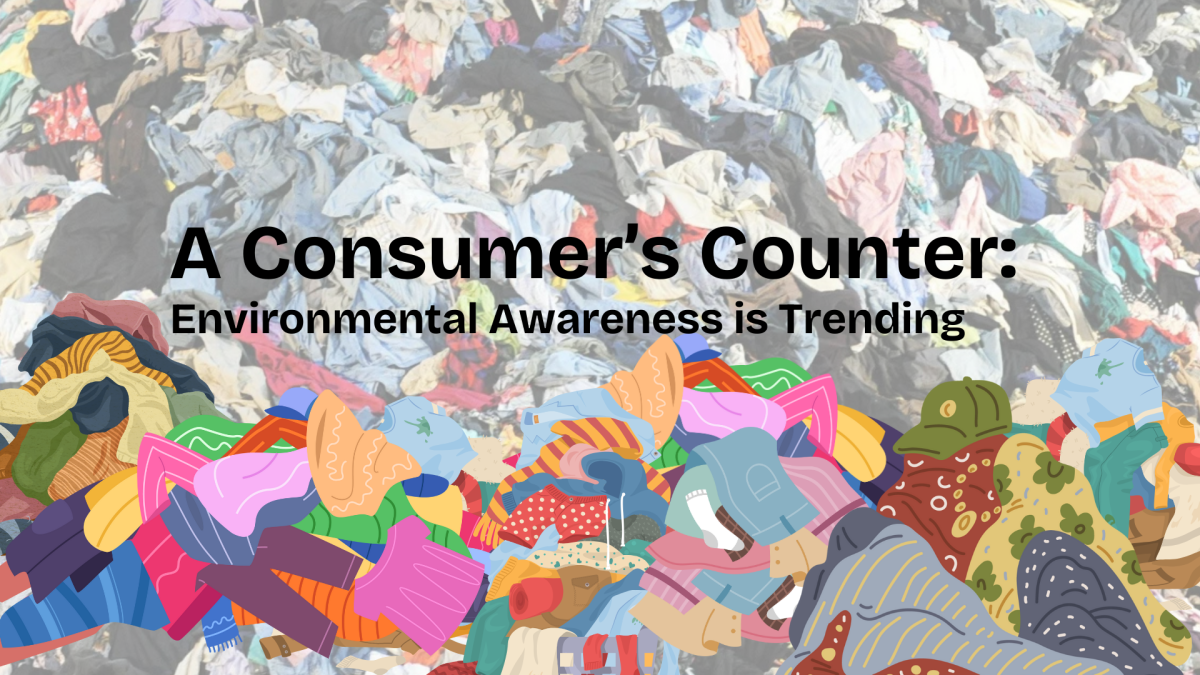Birth control does more than prevent pregnancy. For some, it helps with acne, while for others, it helps solve problems with their menstrual cycles. For others it simply takes away the fear of unplanned pregnancies.
Birth control pills are a form of medicine that one would take daily to prevent becoming pregnant. Although there are multiple different brands, they are all similar in what they do.
While preventing pregnancy is the primary intended use of birth control, it also comes with potential positive side effects, including a decrease in acne or a decrease in unusually uncomfortable menstrual cycle problems. “Ever since I started my period I have had really bad cramps and they have been like abnormally heavy,” Student A said. “My doctor suggested that birth control would be the best way to fix these problems.”
Many girls struggle with having periods that are irregular or very serious, potentially causing them to be admitted into the hospital due to blood loss. “If you have really heavy bleeding and heavy cramping it will cut down on your cramping and bleeding,” certified nurse and midwife Lori Steinmann said.
The issue of irregular periods causes some girls to begin taking birth control. “It’s been really helpful for me because it gives me the ability to decide when to have my period,” Student B said.
Dermatologists also prescribe the pill form of birth control to patients because it helps reduce acne. Birth control can also be a safe and effective way of getting rid of the problem of acne, although there are some side effects. According to Planned Parenthood, some potential side effects of birth control are headaches, nausea and sore breasts. “Not everybody responds to certain pills the same way so you have to pick and choose a pill that has the right estrogen and the right type of progesterone,” Steinmann said.
Although side effects are all possible things that may happen, there is no guarantee that someone will experience them. Popularity of using birth control for alternate reasons has risen. “Right now, in my practice, I would say about 30 percent use it for (excessive bleeding) and 70 percent for birth control,” Steinmann continued. After getting a prescription from a doctor to start taking birth control, costs range from $0 to $50 a month.
The term “the pill” often has a bad reputation because people only associate it as a means of avoiding becoming pregnant. “I was scared that if I told even my friends they would be like ‘oh you’re just doing it so that you can have sex’ when it was not that at all,” Student B said.
Student B tried to think of the pills differently than birth control. “We called them ‘hormone supplements’ because it was weird to say ‘birth control’ because there’s this big stigma around it,” she said.
People believe the stigma behind birth control is wrong because what it does is necessary for many people. “I think it is super important to break the negative reputation because it can really be helpful if you are having issues,” Student A said.








